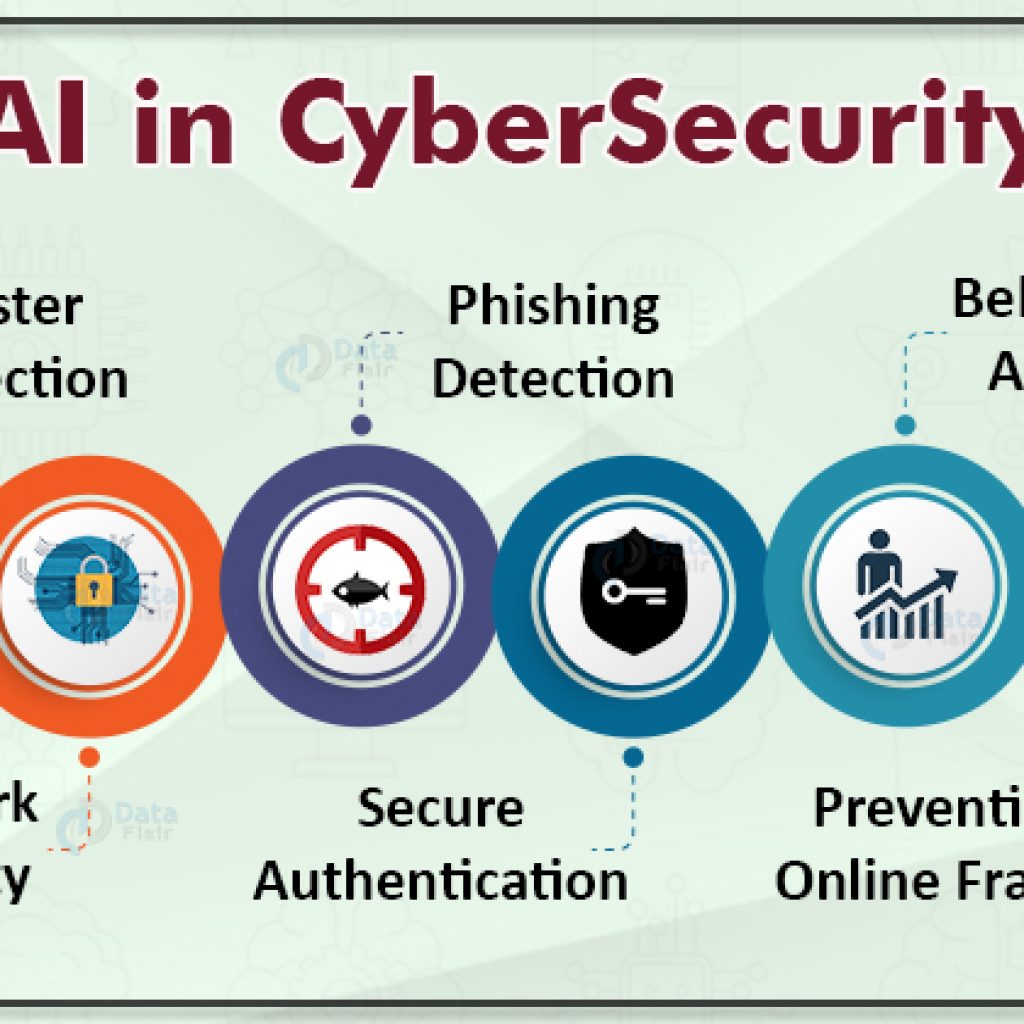A recent report by Pluralsight, a leading technology workforce development company, has highlighted concerns within the software development community regarding the potential threat posed by AI-assisted coding. According to the report, approximately 45% of developers surveyed showcased signs of anxiety and apprehension about the possibility of their skillsets becoming obsolete due to the increasing integration of AI in the coding landscape.
The survey further exposed disparities within the developer community, revealing nuanced trends based on gender, sexual orientation, and race. Female and LGBTQ+ developers, in particular, displayed a notably lower intent to pursue upskilling compared to the overall average. Conversely, racial minority developers exhibited a higher inclination to upskill, albeit reporting a notably more negative perception of AI compared to their counterparts. These findings emphasize the critical need for inclusive strategies and support systems within the tech industry to address such disparities and foster a more conducive learning environment for all professionals.
Culture shapes developer well-being, and adaptability amidst tech shifts.
The report also shed light on the significant role that company culture plays in shaping the experiences and outlook of developers. Notably, software teams fostering a “high contest culture,” characterized by aggressive competition and the need for constant validation, were found to have a higher prevalence of skill threat among their employees. Conversely, a culture that prioritizes learning and belonging was shown to enhance resilience and overall productivity, underscoring the importance of a holistic approach that values the well-being and professional growth of individuals within the organization.
In response to the findings, Cat Hicks, the VP of Research Insights at Pluralsight, highlighted the profound significance of addressing the human aspect in the integration and utilization of AI technology within the software development landscape. Hicks emphasized that nurturing a culture of lifelong learning and collaboration is pivotal in fostering the successful adoption and implementation of AI-assisted coding. This assertion underscores the critical need for companies to prioritize a human-first approach that not only acknowledges but actively supports the evolving needs and concerns of their workforce.
A positive outlook on AI-augmented by acknowledgment of essential “human” skills
Despite the prevailing concerns, recent surveys and reports also indicated a growing confidence in the capabilities of AI among professionals, particularly in the technology sector. The ability of AI to streamline time-consuming tasks and enable professionals to focus on more impactful endeavors has been widely recognized. Nevertheless, it has been reiterated that alongside AI training, the cultivation and retention of essential “human” skills such as problem-solving, creativity, and the capacity for continual learning remain crucial for sustained success across various occupations.
As the technology landscape continues to evolve, the insights gleaned from these recent reports underscore the imperative of a balanced approach that prioritizes both technological advancement and the well-being of the workforce. By nurturing a culture of inclusivity, continuous learning, and collaboration, companies can fortify their resilience and adaptability, thus ensuring a more seamless integration of AI and other cutting-edge technologies within the software development domain.





